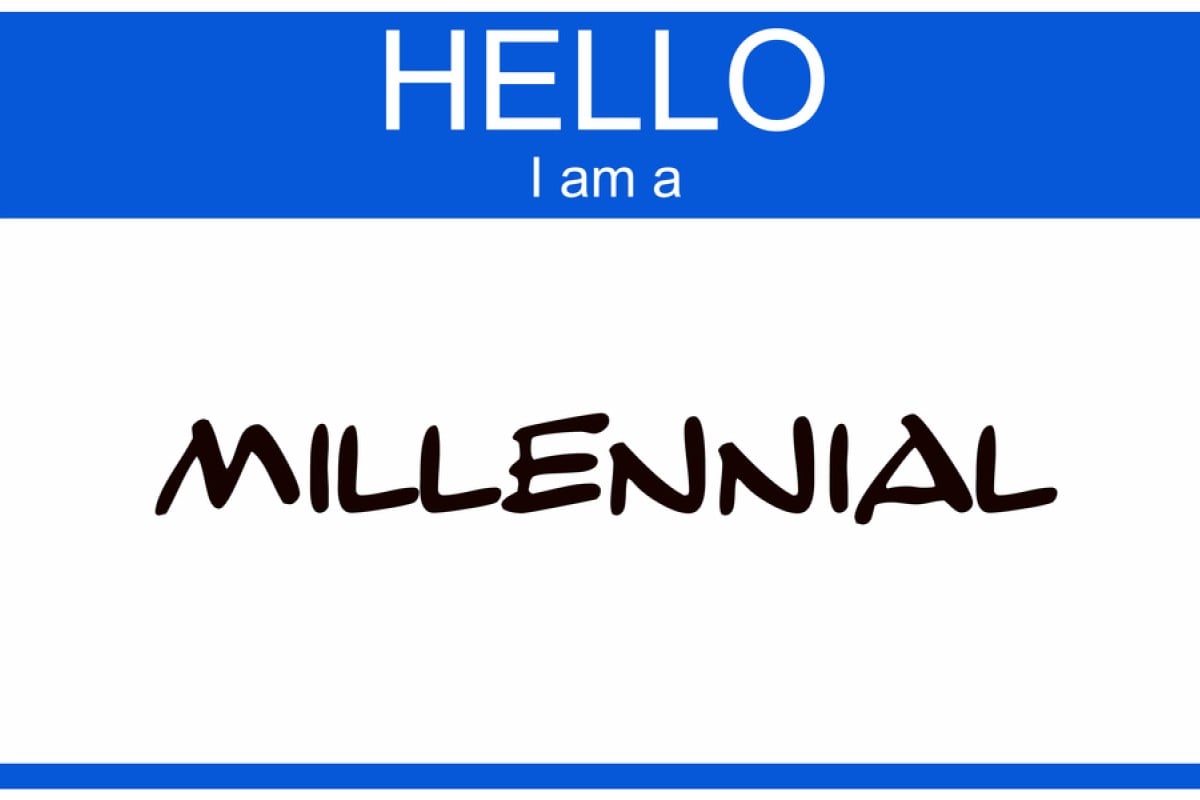
A new study from the Pew Research Center, in the US, shows that millennials have a relatively low opinion of their generation. They don't even like the label "millennials" that describes the group they've been put into.
The report, released last Thursday, tries to see how different generational groups see themselves. It found that baby boomers - people born between 1946 and 1964 - have the strongest generational identity, followed by those in generation X, who were born from 1965 to 1980.
As for millennials - people born between 1981 and 1997 - only 40 per cent consider themselves part of that generation.
In fact, a third of older millennials (33 per cent) would instead prefer to identify with gen X-ers. Millennials gave themselves low rankings in categories such as compassion, morality, patriotism, responsibility, willingness to sacrifice, self-reliance, and political activism. And 59 per cent say "self-absorbed" is an apt description for them.
Boomers, however, gave themselves better scores in patriotism, responsibility and so on.
Only the silent generation - those born between 1928 and 1945, who are between 70 and 87 years old - gave themselves an even bigger pat on the back (but they hate their group name more than anyone).
Large numbers of millennials said that besides being self-absorbed, their group was "wasteful" (49 per cent), greedy (43 per cent), cynical (31 per cent), and rigid (8 per cent).
"Much of this simply looks like the effects of ageing and maturity," said C. Matthew Snipp, a professor at Stanford University, in the US.
As the report also notes, a person's perception of whether she and her peers are "responsible" may have a lot to do with her age and whether she's paying for a mortgage or has taken on other responsibilities that come with adulthood.
